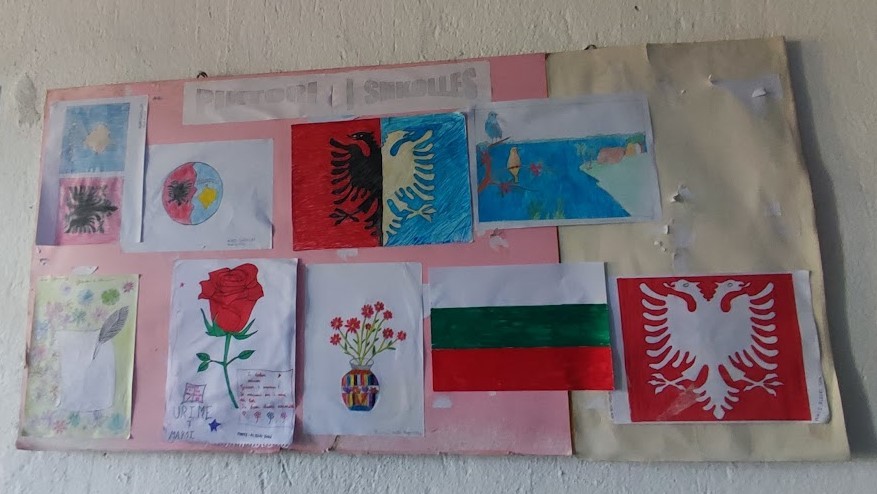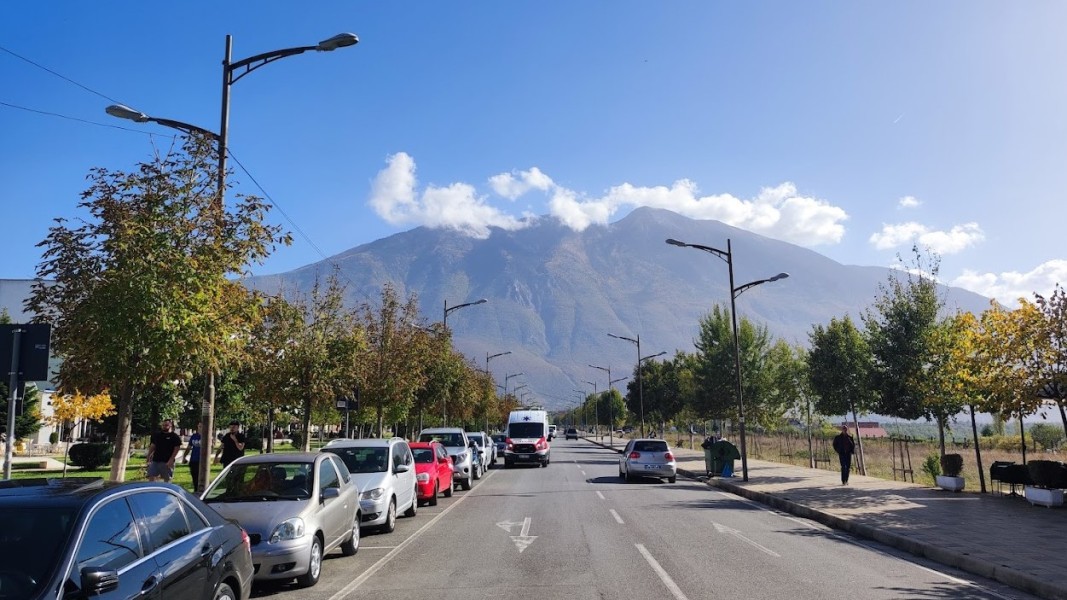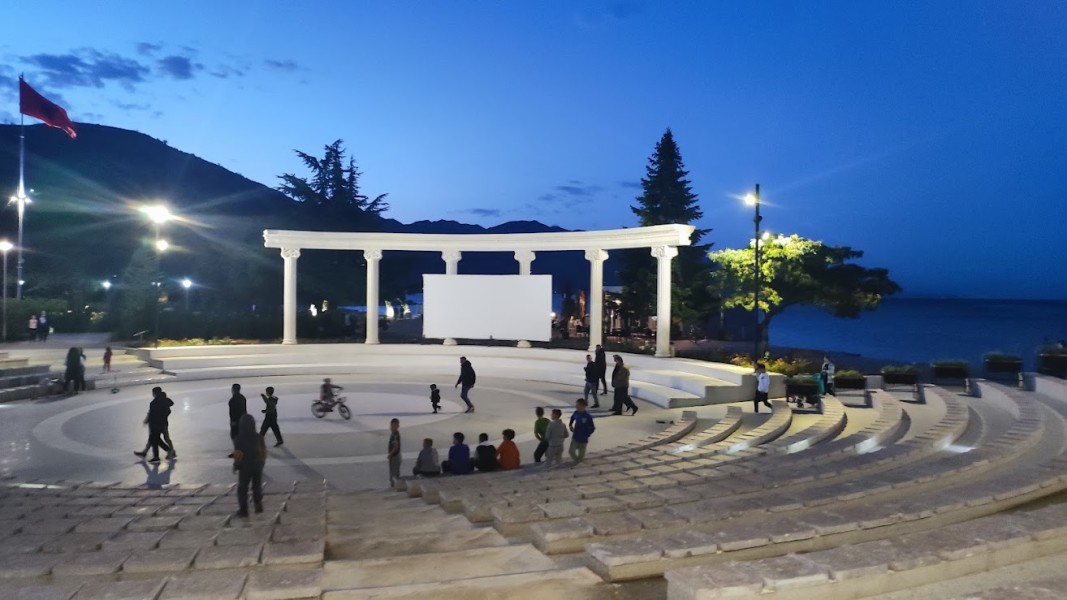Bulgarians are the third largest minority in Albania, according to the latest census data. These are the first official data on the number of Bulgarians in Albania, as the Bulgarian minority was only officially recognised in 2017. It was not until the last census that the Bulgarian ethnic minority was included in the statistical registers.
The results of the census in Albania are a good sign for the future of Bulgarian communities in the Western Balkans - says Assoc. Prof. Spas Tashev of the Institute for Population and Human Studies at the Bulgarian Academy of Sciences. Radio Bulgaria invited him to comment on the results of the census in Albania, where for the first time 7,057 people officially identified themselves as Bulgarian.
"Rather, this is the actual number of Bulgarians who are concentrated in three regions - the districts of Kukaska Gora, Golo Brdo and Mala Prespa," explains the researcher on the population of the Balkans. - For migration reasons, most of the local Bulgarians have settled in the interior of Albania in recent years. Many have also left. The actual number of Bulgarian speakers in Albania is about 50,000.
Of course, not all of them have a Bulgarian identity. The results of the census - as the first census in which Bulgarians were included in the registers - are a great success for the efforts of the entire Bulgarian people and Bulgarian diplomacy, which managed to persuade the Albanian state to officially recognise a Bulgarian minority and to include Bulgarians in the census documents, so that many people identified themselves as such. This is really a great achievement".

Demographer Assoc. Prof. Tashev says that he received feedback from Albanian Bulgarians about the procedure throughout the census and that it was all in line with European standards. He mentions the large internal migration in the country, which has resulted in separate Bulgarian neighbourhoods in the capital Tirana and the town of Elbasan.


Nearly five months after the last early parliamentary elections in Bulgaria, the 51st National Assembly has "grown" by one party and is now formed by nine political formations. The Constitutional Court declared the election of 16 MPs illegal , and..
Georgi Kuzmov, who was removed from his position as mayor of the Sofia district of Oborishte, is returning to his post after winning the new elections with nearly 70% of the votes. At the end of last year, the Supreme Administrative Court..
Velichie party enters the 51 st National Assembly with 10 seats, the Central Election Commission (CEC) has decided following the ruling by the Constitutional Court which alters the results of the election for National Assembly held on 27 October,..

+359 2 9336 661
